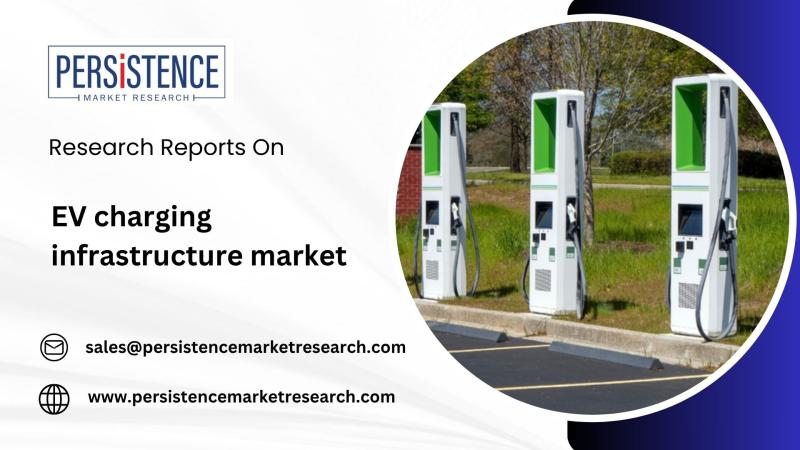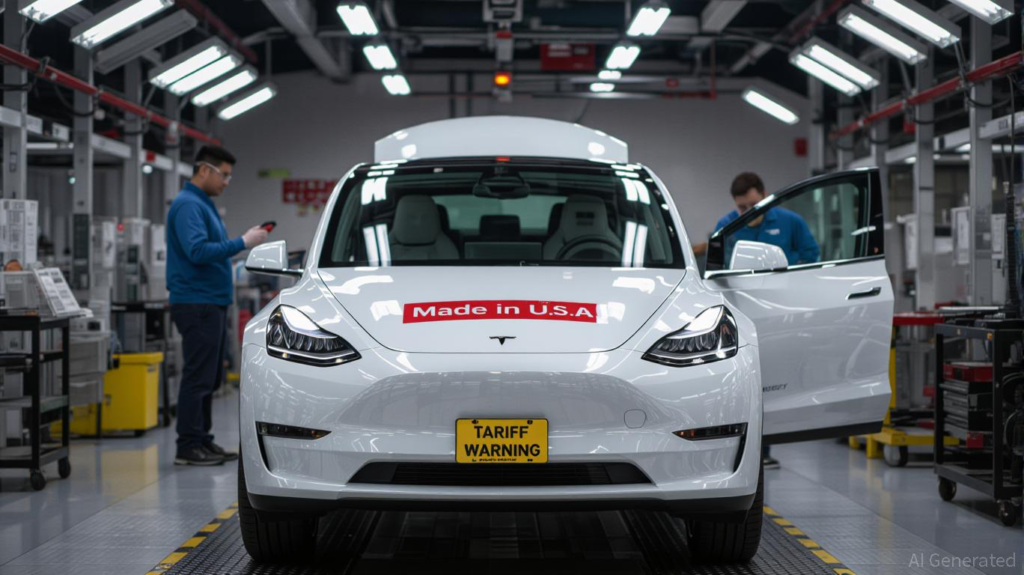Overview of the Market
The global EV charging infrastructure market is witnessing an accelerated growth trajectory, fueled by the surging adoption of electric vehicles (EVs) and increasing demand for sustainable transportation. In 2025, the market is valued at USD 31.1 billion, and it is projected to soar to USD 113.4 billion by 2032, registering a robust CAGR of 20.3% during the forecast period. This unprecedented growth highlights the critical role of charging networks in enabling a mass shift to EV mobility.
Key growth drivers include stringent emissions regulations, financial incentives for EV adoption, and government-backed infrastructure initiatives. The fast charger segment is leading the market with a 72.4% share in 2025, due to its ability to reduce charging time significantly. Regionally, Asia-Pacific holds the lion’s share (30%) of the market, with China at the forefront due to its massive EV fleet, favorable policies, and tech-driven innovation in clean mobility.
Elevate your business strategy with comprehensive market data. Request a sample report now:
Key Highlights from the Report:
• The market will expand at a 20.3% CAGR between 2025 and 2032, reaching over USD 113.4 billion.
• Fast chargers dominate the landscape, accounting for over 72.4% of market revenue in 2025.
• Asia-Pacific leads with a 30% market share, driven by China’s aggressive EV deployment.
• Level 2 charging systems are in high demand for home and commercial use, offering 208-240 volts output.
• Commercial applications including fleet and highway stations account for the largest segment share in 2025.
• Environmental policies and global net-zero targets are accelerating the development of public and private EV charging networks.
Market Segmentation
The EV charging infrastructure market is segmented by charger type into fast chargers and slow/standard chargers. Fast chargers are dominating due to their convenience and ability to reduce vehicle downtime, making them especially suitable for urban mobility and public networks. Meanwhile, Level 2 chargers are gaining popularity in homes, workplaces, and semi-public locations due to their moderate speed and lower installation costs.
By application, the market is split into residential and commercial segments. In 2025, the commercial segment leads the market and includes diverse sub-categories like fleet charging stations, destination charging, and highway hubs. As ride-sharing platforms and logistics companies electrify their fleets, the demand for scalable commercial charging networks is expected to rise substantially.
Regional Insights
Asia-Pacific dominates the EV charging infrastructure market with over 30% of global revenue in 2025. China’s extensive EV market, government subsidies, and urban infrastructure investments make it the primary contributor. Additionally, countries like Japan and South Korea are investing heavily in smart grid and fast-charging networks.
In North America, supportive legislation such as the U.S. Infrastructure Investment and Jobs Act is accelerating EV infrastructure deployment. Europe follows closely, with countries like Germany, the Netherlands, and Norway investing in cross-border fast-charging corridors and EV-friendly urban planning.
Market Drivers
The market is driven by rising environmental concerns and growing adoption of EVs. Governments worldwide are offering tax credits, subsidies, and grants to consumers and infrastructure providers alike. Moreover, advances in battery technology and falling EV costs are pushing consumer preferences toward electric mobility, thereby increasing the need for reliable and widespread charging infrastructure.
Market Restraints
Despite strong growth, the EV charging infrastructure market faces challenges like high installation costs, land acquisition issues, and grid integration limitations. Additionally, the lack of uniform charging standards across regions and varying plug types can create compatibility issues, hampering smooth scalability in some regions.
Market Opportunities
Emerging markets present untapped potential for EV infrastructure, especially as urbanization and clean transport mandates expand. Smart charging, vehicle-to-grid (V2G) integration, and renewable-powered stations offer lucrative growth opportunities. Public-private partnerships are also opening avenues for deploying large-scale charging networks with sustainable business models.
Read More for EV Charging Infrastructure Market:
Reasons to Buy the Report:
✔ Comprehensive insights into market trends, forecasts, and revenue estimates through 2032.
✔ Segment-level analysis with detailed coverage of charger types, applications, and end-users.
✔ Strategic overview of regional markets and growth dynamics across Asia-Pacific, North America, and Europe.
✔ Profiles of key players, with insights into their strategies, innovations, and market share.
✔ Access to recent developments, investments, and partnerships shaping the future of EV infrastructure.
Frequently Asked Questions (FAQs):
What is the projected size of the EV charging infrastructure market by 2032?
How big is the EV charging infrastructure market in 2025?
Who are the key players in the global EV charging infrastructure market?
What is the growth rate of the EV charging infrastructure market between 2025 and 2032?
Which region is expected to dominate the EV charging infrastructure industry through 2032?
Company Insights
Key Players Operating in the Market:
1. ABB Ltd.
2. ChargePoint Holdings Inc.
3. Tesla Inc.
4. Siemens AG
5. Schneider Electric SE
6. Blink Charging Co.
7. EVBox Group
8. Webasto Group
9. BP Pulse
10. Shell Recharge Solutions
Recent Developments:
• In 2024, ABB launched its Terra 360, one of the fastest all-in-one EV chargers globally, with a full charge capacity in under 15 minutes.
• In early 2025, ChargePoint partnered with Mercedes-Benz USA to deploy ultra-fast DC charging hubs across the U.S., supporting luxury EV drivers.
Do You Have Any Query Or Specific Requirement? Request Customization of Report: https://www.persistencemarketresearch.com/request-customization/35303
Conclusion
The global EV charging infrastructure market stands at the cusp of transformative growth, driven by a combination of technological innovation, policy support, and environmental responsibility. With the shift towards electrification gaining momentum, robust charging networks will become the backbone of the global transportation ecosystem.
As adoption spreads across personal, commercial, and public transit sectors, stakeholders-ranging from OEMs and energy companies to governments and startups-must align efforts to expand the infrastructure at scale. From smart city integration to renewable energy fusion, the road ahead is electric, and the charging infrastructure market is at the center of this revolution.
Contact Us:
Persistence Market Research
G04 Golden Mile House, Clayponds Lane
Brentford, London, TW8 0GU UK
USA Phone: +1 646-878-6329
UK Phone: +44 203-837-5656
Email: sales@persistencemarketresearch.com
Web: https://www.persistencemarketresearch.com
About Persistence Market Research:
At Persistence Market Research, we specialize in creating research studies that serve as strategic tools for driving business growth. Established as a proprietary firm in 2012, we have evolved into a registered company in England and Wales in 2023 under the name Persistence Research & Consultancy Services Ltd. With a solid foundation, we have completed over 3600 custom and syndicate market research projects, and delivered more than 2700 projects for other leading market research companies’ clients.
Our approach combines traditional market research methods with modern tools to offer comprehensive research solutions. With a decade of experience, we pride ourselves on deriving actionable insights from data to help businesses stay ahead of the competition. Our client base spans multinational corporations, leading consulting firms, investment funds, and government departments. A significant portion of our sales comes from repeat clients, a testament to the value and trust we’ve built over the years.
This release was published on openPR.









